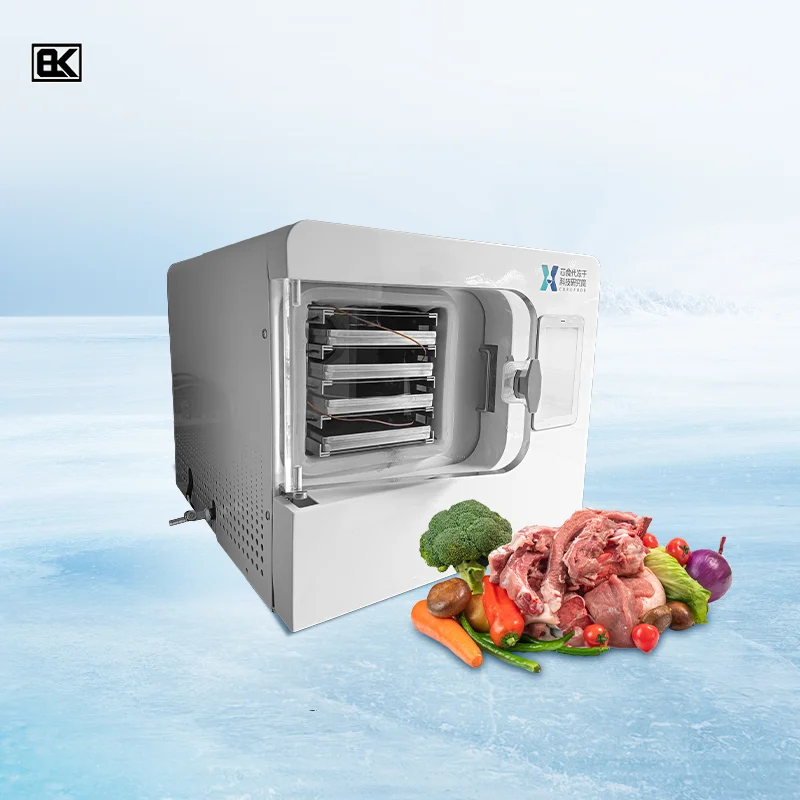Lyophilizers in the lab are super cool machines that scientists use to freeze-dry stuff. These machines are incredibly important tools for research because they let scientists keep and store biological samples. In this article, we will discuss all things about laboratory freeze dryers and why are they so incredible!
So, what is a laboratory lyophilizer? It’s a machine that sucks water out of things, using a process called lyophilization. This is because it freezes the substance and then slowly siphons off the frozen water in a process called sublimation. The end product is dried – with no shelf life curtailment.
The Use of Laboratory Lyophilizers in Research There are many advantages to using freeze dryer in research. One major advantage is they allow scientists to preserve and archive biological samples for future use. And that matters, Weisskopf said, because it enables researchers to study samples later without having to worry they will degrade. Laboratory lyophilizers also allow researchers to concentrate samples and purify substances, which allows the results of their experiments to be more precise and reliable.

Different types of laboratory lyophilizers can be used by scientists each having their special features. Some are very small and compact, even fitting neatly in a small lab, while others are much larger and can process more samples. Regardless of size or type, all lab lyophilizers function on one principle: they freeze and remove moisture from substances to preserve them.

A laboratory lyophilizer isn’t difficult to use, but there are a few rules to follow for safety. 1. PPE First Always wear protective equipment and gear such as gloves and goggles when using a lab lyophilizer. Follow the instructions for loading and unloading samples as well as for setting the correct temperature and pressure levels. by following these simple procedures, researchers can confidently utilize a laboratory lyophilizer.

The retention and storage of biological samples are one of the primary functions of laboratory lyophilizers. They stop small organisms that might spoil samples from growing, by removing water from them. This is critical for moisture-sensitive samples such as proteins and enzymes. Lab lyophillizers also help keep samples for an extended period of time so that the researchers can study whenever they need.
With 20+ years of focused experience in vacuum freeze drying and cold chain technology, supported by 60+ national patents, we deliver innovative, energy-efficient systems tailored to a wide range of industries—from food and herbs to pharmaceuticals.
We provide complete end-to-end support from custom design and engineering to production, installation, and after-sales service, ensuring seamless project execution and reliable long-term operation for clients worldwide.
Our ISO9001 and CE-certified manufacturing processes include comprehensive pre-shipment testing and a one-year quality warranty, guaranteeing equipment reliability, safety, and compliance with international standards.
As a factory-direct manufacturer with a 12,000 m² production base and 120+ skilled employees, we maintain strict quality oversight from sourcing to assembly, offer cost-effective pricing, and back every system with a responsive, professionally trained technical support team.

Copyright © Jiangsu Bolaike Refrigeration Science And Technology Development Co., Ltd. All Rights Reserved Privacy Policy Blog